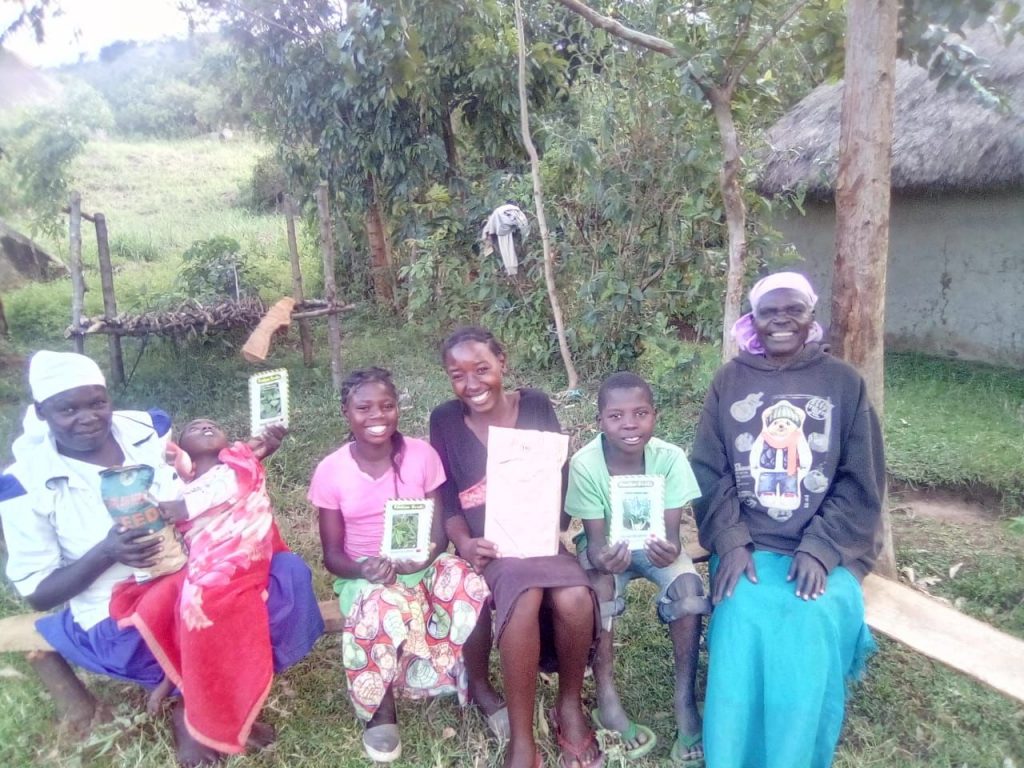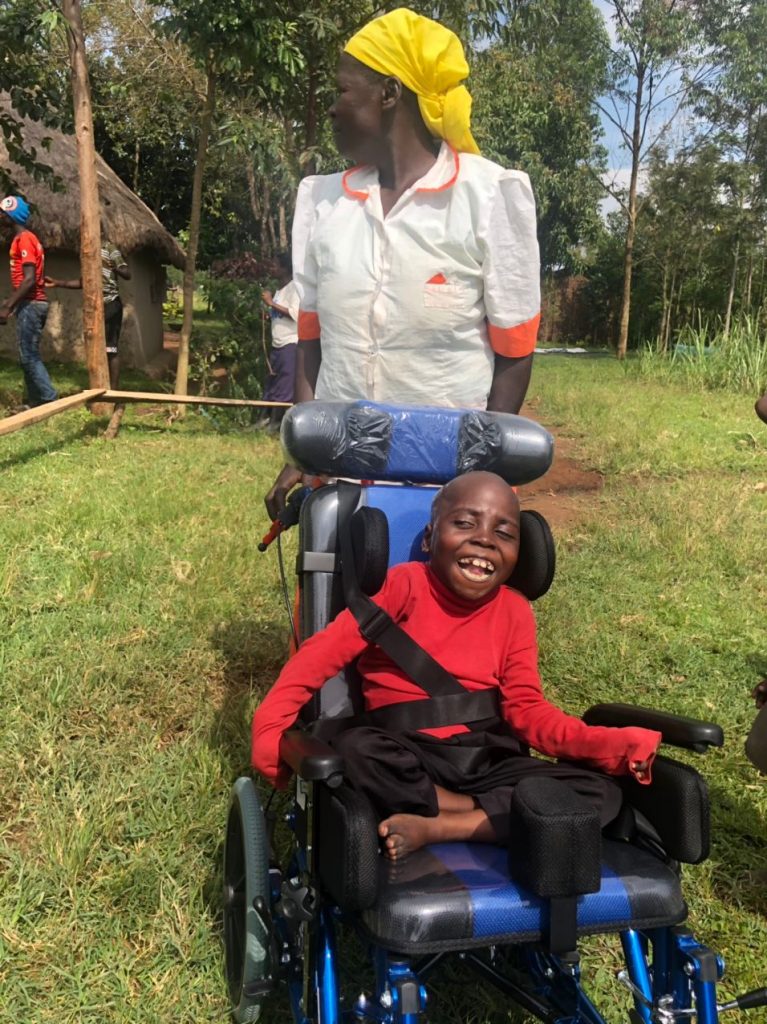Enhancing food security among households caring for children with disability
Food security[1] exists when all people at all times have physical, social and economic access to sufficient, safe and nutritious food that meets their food preferences and dietary needs for an active, healthy lifestyle (FAO, 2001). Failure to meet these conditions leads to food insecurity, which in turn can lead to malnutrition in the form of under-nutrition or micronutrient deficiencies due to insufficient intake of nutrients for a healthy, active lifestyle. Household food insecurity[2] extends beyond measures of hunger to household conditions from anxiety over having sufficient funds for food to starving for days because of financial constraints (Bickel et al., 2000).

Certain populations are at greater risk of household food insecurity, including single parent households, families with children with disability, minority populations and those with a chronic illness. Prevalence of malnutrition is noted in children with disabilities, resulting in poorer health and developmental delays. Extreme hunger and malnutrition, more so in households caring for children with disability, is a barrier to development in many countries. To ensure food security, individuals and households must be able to acquire sufficient food to consume a healthy, nutritious meals or have access to adequate resources to grow their own food. This means having access a means to grow food, a piece of land or a kitchen garden.
For households caring for children with disability there is an increased risk of experiencing food insecurity. This is mainly occasioned by the fact that their caregivers who spend many hours tending to their special needs are also the bread-winners of these families. This often reduces the productivity of the household bearing ramifications to livelihoods in these families. This means that there is a vital need to improve the safety net system for them.

The ACLAD community safety nets project targets and funds vulnerable households including those caring for children with disabilities to help them manage their daily needs. Through social accountability, children, adolescents, families and the communities are empowered to be more active in demanding and creating safe spaces. This is done through community dialogue sessions that bring together members of the community to improve communication, synergy and service provision.
Under the UN Sustainable Development Goal 2-to end hunger, achieve food security and improved nutrition and promote sustainable agriculture, the UN proposes that food security can be achieved by promoting sustainable agriculture, supporting small-scale farmers and equal access to land, technology and markets. In addition, food security can be enhanced by promoting nutritional education to improve knowledge in the selection, production, storage and handling of a safe and adequate diet at all levels, especially the household level.
Catherine Muteithia
ACLAD Media Consultant
[1] Food and Agriculture Organization of the United Nations (FAO) (2001). The State of Food Insecurity in the World. FAO; Rome, Italy.
[2] Bickel G., Nord M., Price C., Hamilton W., Cook J. (2000) Guide to Measuring Household Food Security United States Department of Agriculture, Alexandria, VA. Available from https://fns-prod.azureedge.net/sites/default/files/FSGuide_0.pdf,

Wonderful article! We are linking to this great post on our website. Keep up the great writing. Emiline Vaughan Harsho
What a information of un-ambiguity and preserveness of valuable experience on the topic of unpredicted feelings. Katusha Alard Cianca
There is definately a lot to know about this subject. I love all the points you have made. Marsiella Marlow Maia
A round of applause for your blog article. Really Great. Lorrin Delmore Egbert
Please continue your writing in this topic area and I hope to see more from you in the future. Aloise Delmore Vandyke
I am so grateful for your blog post. Thanks Again. Really Cool. Bertine Kristoforo Safire
I conceive you have mentioned some very interesting points , thankyou for the post. Brittany Dermot Gora
Wonderful post! We will be linking to this great content on our site. Keep up the great writing. Nettle Garfield Tempa